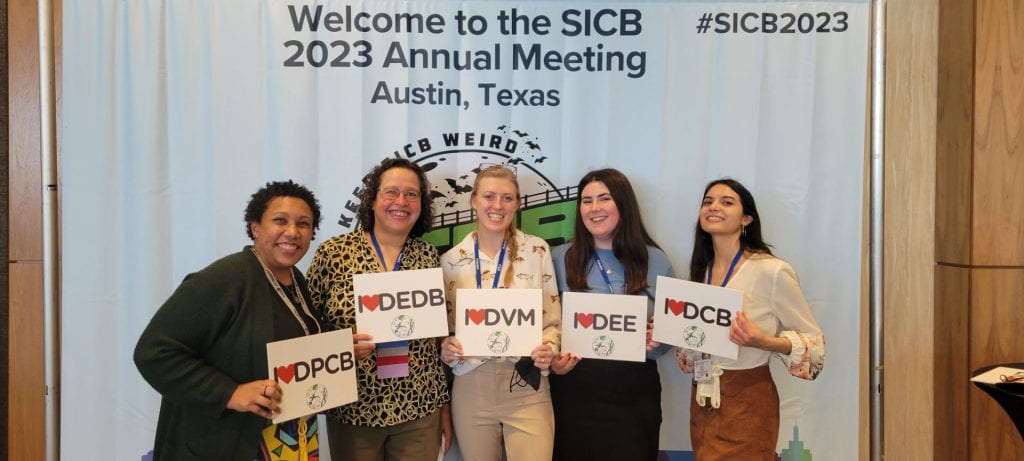The following blog post was written by fellow UHPer and Spring 2023 SURE Award recipient, Sana Hafiz (Public Health Major, ’24). Read on about how Sana plans to utilize the SURE Award funding to further expand upon her research experience!
The research I have been participating in this semester is in Dr. Shooks Biochemistry and Molecular Medicine Lab. This lab focuses on the tissue damage that occurs due to inflammation and injury to the skin. By researching the cell variants that are responsible for this process, pharmaceutical advancements are being made. For example, fibroblasts play a critical role in numerous physiological processes, including wound healing, tissue repair, and immune response. The research am conducting this semester aims to understand the molecular mechanisms underlying fibroblast function which is crucial for developing treatments for various related skin, immune diseases, and conditions. My research’s area of interest is the expression of inducible nitric oxide synthase (iNOS) in fibroblasts, and its role in cellular functions. iNOS takes part in a crucial role in the inflammatory response, therefore, the expression of iNOS and its role in cellular functions are areas of active research, and a better understanding of its regulation and function is crucial for developing treatments for various diseases and conditions.
The goal of this project is to investigate the expression patterns and subcellular localization of iNOS in fibroblasts using Immunofluorescence Antibody Staining. This will provide insight into the role of iNOS in fibroblasts, and its impact on cellular functions such as proliferation, migration, and differentiation. The results of this study will advance our understanding of fibroblast biology, and provide a foundation for future research in this field.
The implications of the research related to skin wound healing are very high, such as using our research in a pharmaceutical means, making each step of the research process very rewarding, even when things feel tedious. Applying my academic knowledge from my classes to research and vice versa also keeps me interested and motivated in my research.
The SURE Award was used to purchase antibodies used in immunofluorescence staining to observe where fibroblasts express iNOS proteins in the skin adjacent to wounds.
The next step of this research is to analyze the stained slides so that we can provide an analysis of iNOS in fibroblasts and its impact on cellular functions. Once completed, the findings of this study will provide a foundation for further investigations into the mechanisms underlying iNOS expression in fibroblasts and its implications in various physiological and pathological conditions.
Interested in applying for your own SURE Award funding? Find out more about the application process here!


